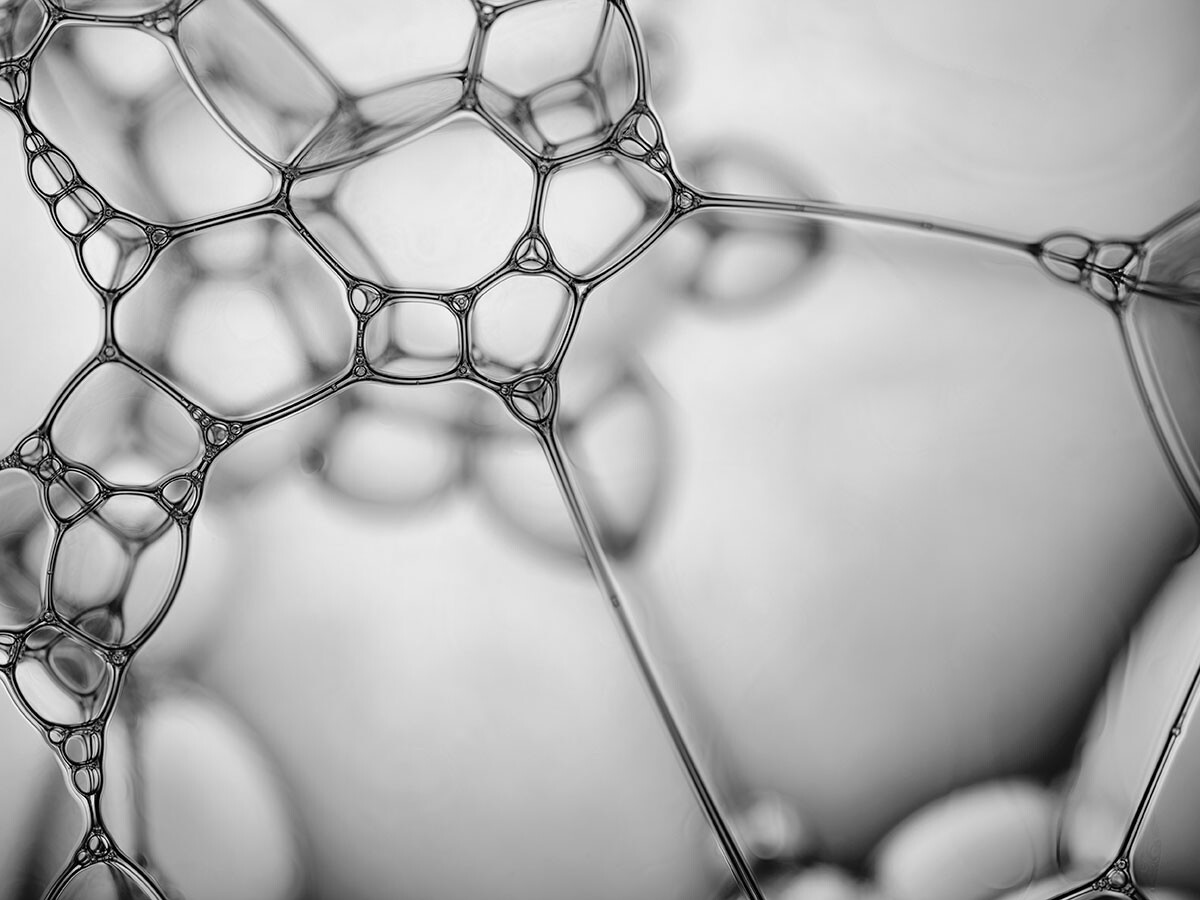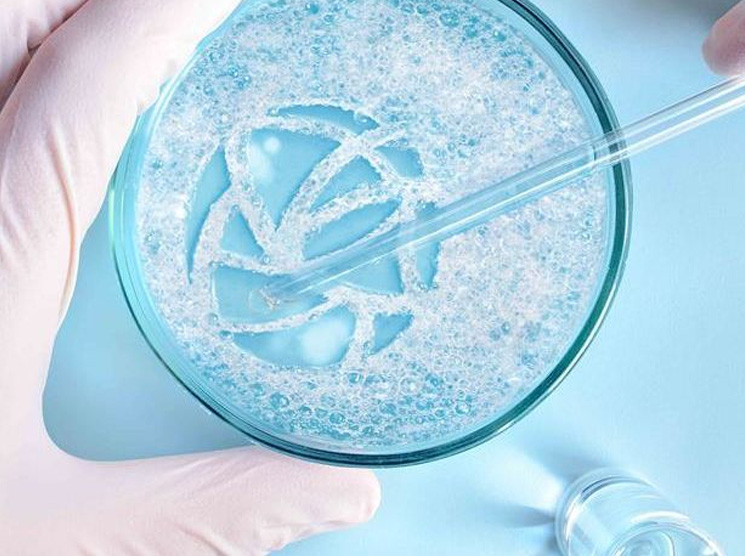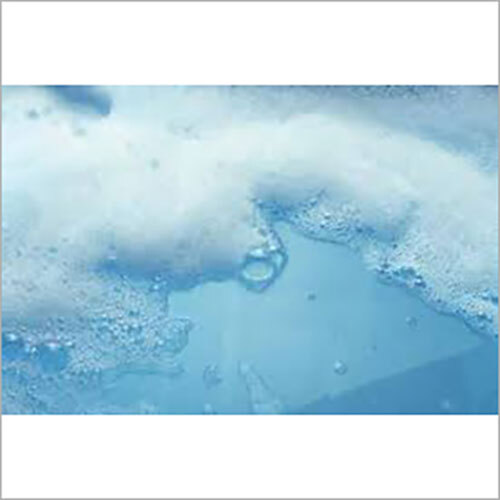The Role of Defoamers in the Chemical and Food Processing Industries
The Role of Defoamers in the Chemical and Food Processing Industries
Blog Article
The Role of Defoamers in Enhancing Item Quality and Efficiency
In numerous making processes, the presence of foam can dramatically prevent item high quality and operational performance. Defoamers work as crucial ingredients that minimize this concern, guaranteeing smoother manufacturing operations while improving the practical and aesthetic features of the last products (defoamers). Their application extends a wide variety of industries, from food and drink to pharmaceuticals, where uniformity and dependability are extremely important. The selection of the suitable defoamer can be vital to achieving ideal outcomes, raising crucial questions concerning formulation compatibility and performance metrics that warrant more exploration.
Comprehending Defoamers
Comprehending the function of defoamers is crucial for maintaining product high quality across various markets. Defoamers are chemical ingredients made to lower and protect against the development of foam in fluid systems, which can negatively impact procedures such as blending, filling up, and surface area tension. Foaming can result in inadequacies, item flaws, and jeopardized aesthetic appeal, making defoamers an essential part in producing operations.
In commercial applications, defoamers help to improve product uniformity and stability. The reliable use of defoamers not only ensures smoother manufacturing processes however also adds to remarkable product efficiency.
Moreover, the choice and formulation of a defoamer have to line up with specific application needs, such as compatibility with other active ingredients, performance under varying temperature and pH problems, and potential regulatory restraints. Ultimately, comprehending defoamers' features and their significance in numerous formulas is essential for enhancing manufacturing and making sure the finest final product.
Kinds Of Defoamers
Defoamers can be classified into numerous kinds based on their make-up and mechanism of action. The main kinds consist of silicone-based, non-silicone natural, and not natural defoamers.
Silicone-based defoamers are among the most efficient, mostly due to their capability to spread out promptly on the fluid surface area and interrupt foam development. Their unique chemical structure enables for superior stability, making them ideal for high-temperature applications and settings with differing pH degrees.
Non-silicone natural defoamers, usually made up of all-natural oils or fats, are valued for their biodegradability and lower toxicity. These are normally made use of in food and drink applications where safety and security and ecological influence are critical.
Not natural defoamers, which include compounds like talc or calcium carbonate, act by raising the density of the fluid, therefore decreasing foam security. They are often made use of in commercial procedures where compatibility with various other products is not a problem.
Each sort of defoamer has distinctive advantages and restrictions, permitting customized options depending upon the particular frothing concerns run into in different applications. Comprehending these differences is vital for enhancing efficiency and achieving wanted item quality.
Applications Throughout Industries
Countless markets utilize defoamers to enhance item high quality and operational performance. In the food and beverage field, defoamers are critical in procedures such as brewing and milk production to avoid foam development, which can result in inadequacies and product inconsistency. By controlling foam, manufacturers can make certain far better yield and a more uniform click here for more info item.
In the pharmaceutical industry, defoamers play a crucial role in the solution of liquid drugs, where excessive foam can restrain mixing and exact application. Their use helps preserve the honesty of the formulas and assists in smoother production procedures.
The paint and coverings market also counts on defoamers to boost the performance of products throughout application. By minimizing foam, these ingredients guarantee a smoother finish and boost the aesthetic high qualities of the last product.

Advantages of Utilizing Defoamers
While the application of defoamers varies across industries, their benefits regularly enhance item high quality and procedure performance. One considerable advantage is the reduction of foam development during producing processes, which can or else bring about production delays and my review here variances in product quality. By reducing foam, defoamers allow a smoother circulation of products, promoting a lot more effective operations and lowering the possibility of equipment malfunctions.
In addition, the usage of defoamers can boost the appearance and texture of end products. In industries such as visit their website finishings, paints, and food processing, excessive foam can endanger the visual aesthetic appeals and total quality, while the ideal defoamer application makes sure an uniform coating and desirable qualities. Defoamers can add to set you back savings by decreasing waste during manufacturing and enhancing the usage of raw products.

Choosing the Right Defoamer
Choosing the appropriate defoamer is important for enhancing production processes and guaranteeing product top quality. The selection of defoamer affects not just the efficiency of foam control but additionally the total efficiency features of the end product. Elements to take into consideration consist of the kind of application, the chemistry of the formula, and the environmental conditions under which the item will be utilized.
Different sectors might need specific defoamer types, such as silicone-based, organic, or polymeric defoamers. Understanding the compatibility of the defoamer with the key active ingredients is crucial to prevent damaging responses that can jeopardize item stability. Additionally, the defoamer's performance in different temperatures and pH degrees need to be assessed to make sure constant performance.
Evaluating the defoamer in small applications can offer useful insights right into its efficiency and suitability. Factor to consider of regulatory conformity, specifically in food, drugs, and cosmetics, is paramount in selecting a defoamer. Eventually, a complete analysis of these elements will certainly lead to the choice of a defoamer that not just regulates foam successfully yet also improves the top quality and efficiency of the end product.
Verdict

In verdict, defoamers are crucial ingredients that dramatically boost product high quality and performance across various sectors. The strategic option and application of defoamers lead to set you back savings, optimized source use, and enhanced customer satisfaction.
Frothing can lead to ineffectiveness, product issues, and endangered visual appeal, making defoamers a crucial part in producing operations.

Report this page